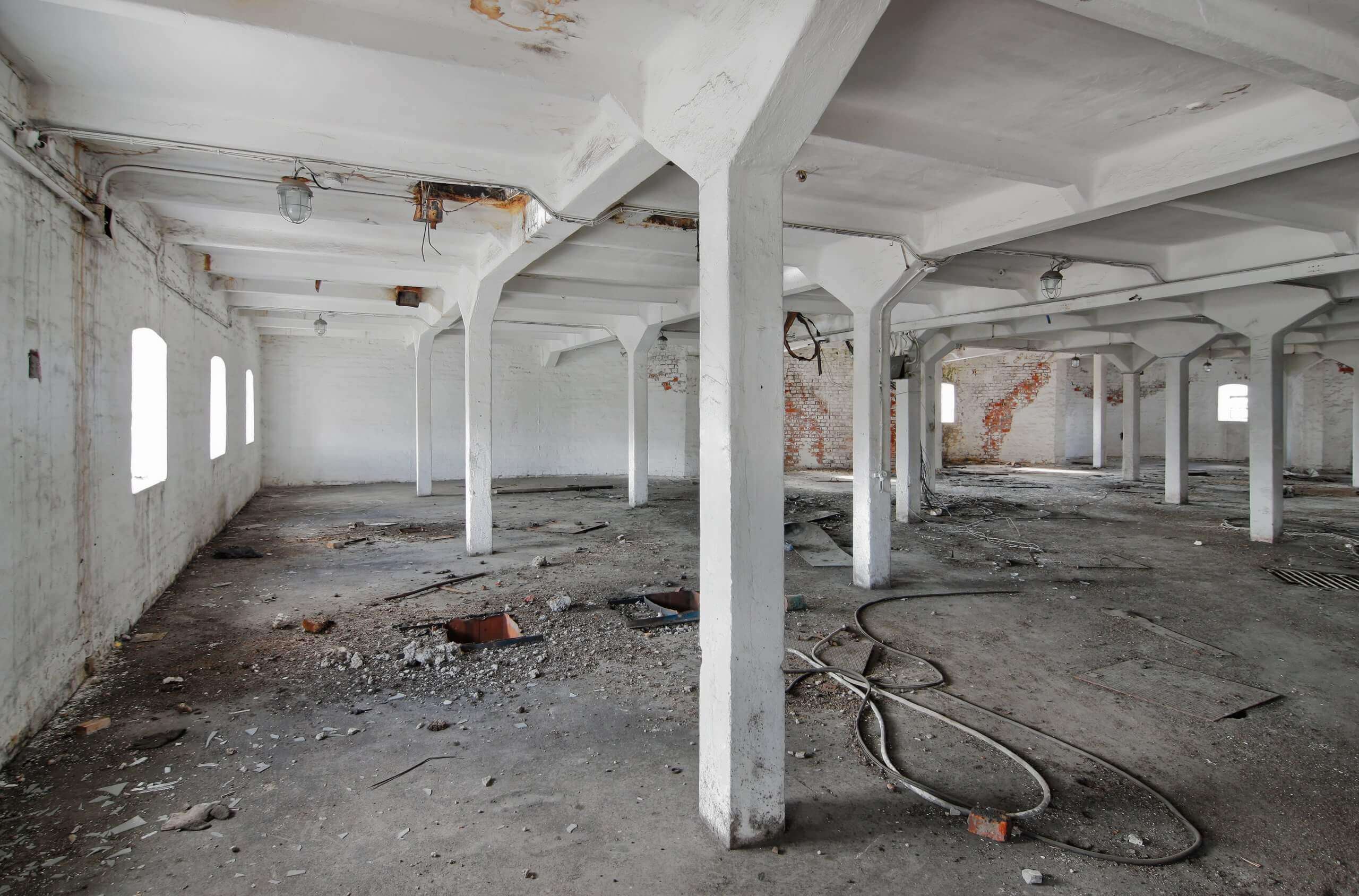Dealing with Defects: The 5 Key Steps to take if you discover a defect in your premises or factory
15th October 2024
“Discovering a defect in your premises can have an extensive impact on your rates of production and ability to trade. It can be difficult to know where to start in resolving these issues. In this article we take you through the 5 key steps to take upon discovery of a defect, to protect your position and mitigate risk.“

All construction and engineering projects, no matter how well planned and executed, can suffer from defects, whether they manifest as design defects, workmanship defects or material defects.
Discovering a defect in your premises can mean that you need to halt or reduce production and can lead to extensive loss of profits and business opportunity, in addition to the cost of fixing the defect itself.
In this article we take you through the 5 key steps to take upon discovery of a defect, to protect your position and mitigate risk, and what we can do to help.

What to do if you discover a defect?
Step one: Risk Assessment
You have positive obligations to prevent harm or injury to those whom you employ and the general public. Therefore, your first step is always to assess the risk. This will also help you identify precisely what the problem is, be it a design, construction/manufacturing/installation, or material defect (one defect can masquerade as another, identifying the source is crucial for making safe the works and recovery).
Step two: Buildings Insurance
Some defects may be covered by your buildings insurance policy. Check your policy documents and notify your insurance providers as appropriate.
Step three: Identify the Potential Parties at Fault
Which company carried out the works? Are they still trading?
Step four: Find Your Contract Documents
The risk assessment and any other investigations will assist you in terms of identifying the responsible party for the defect, thereafter, you must consider what contract documents you have with that party and what those documents say. The key documents to check for are building contracts and collateral warranties.
Step five: What do your Contract Documents say?
Key points to check in these documents are:
- Notification procedures: what process do you need to follow to notify the other party of the defect?
- Liability: Is there a cap or exclusion on the party’s liability to you?
- Limitation periods: In England and Wales there is a statutory limitation period in which to bring a claim of 6 years from the date of the breach of contract (not the date the breach was discovered), or 12 years if executed by deed. In some circumstances this period can be extended to 15 years. However, the parties can agree a shorter limitation period, so it is important to check the contract.
- Insurance obligations: Is the party required to maintain professional indemnity insurance cover? If so, for how long? Has this period expired yet? If insurance is in place this will increase your prospects of recovery from the liable party.
How can we help?
Prevention of defects is worth more than a cure. Planning for defect remediation starts at the very outset of your construction project, before any ground is broken.
We can assist by:
- At pre-contract stage – ensuring that construction documents include responsibility for latent defects and a requirement to procure collateral warranties in your favour from third parties.
- During construction – ensuring that the required collateral warranties are in fact provided in the prescribed form.
- Post construction – reviewing and advising upon the contractual protection available in the event that a defect is identified. This includes, advising you on:
- Issues of liability.
- The appropriate notice provisions that you need to comply with.
- The limitation periods.
- The appropriate forums of recovery, and where necessary, representing you in any dispute resolution process.
Please contact Carly Thorpe of the Construction & Engineering Team for tailored advice, assistance or training on the legal issues arising out of your construction and engineering projects.








